Soil Testing
Do you know what is in your soil and how it is affecting your crops, pasture or other vegetation? What if you could increase your yield and overall productivity by understanding your soil better?
Knowing the history of your fields, tracking your fertilisation program and analysing yield information will give you many insights into your soil and its productivity. Soil testing complements these practices and provides significant insights into what cannot be seen from above the ground.
Soil analysis is the foundation for agronomic advice. When combined with other options, such as Sap, Dry Tissue and Water testing, you gain a complete picture of your crop’s nutrients, including those locked up, those in reserve and those in circulation.
Regular soil testing will not only enable you to optimise your yield and fine tune your inputs but will also build a useful record of your land’s health and value.
Soil testing is vital to meet Reef Safe regulations and is the foundation for earning Carbon Credits on your farm.
Do you require additional elements to be included in your analysis? You can add single element tests to any of the tests above on request.
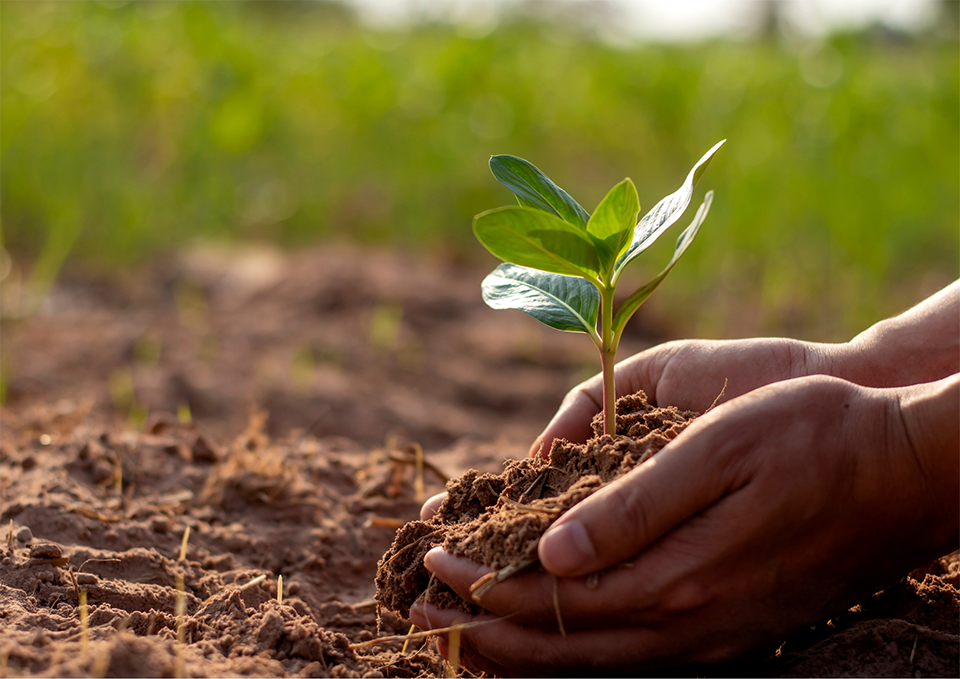
How to sample
The accuracy of your results depends on how the sample is collected, handled and stored before it arrives at our laboratory, as well as our laboratory’s testing methodologies and sample handling procedures. As such, we ask you to follow the sampling guide provided and to take due care with the packaging and delivery of your sample (see our recommendations in the Sampling Guide).
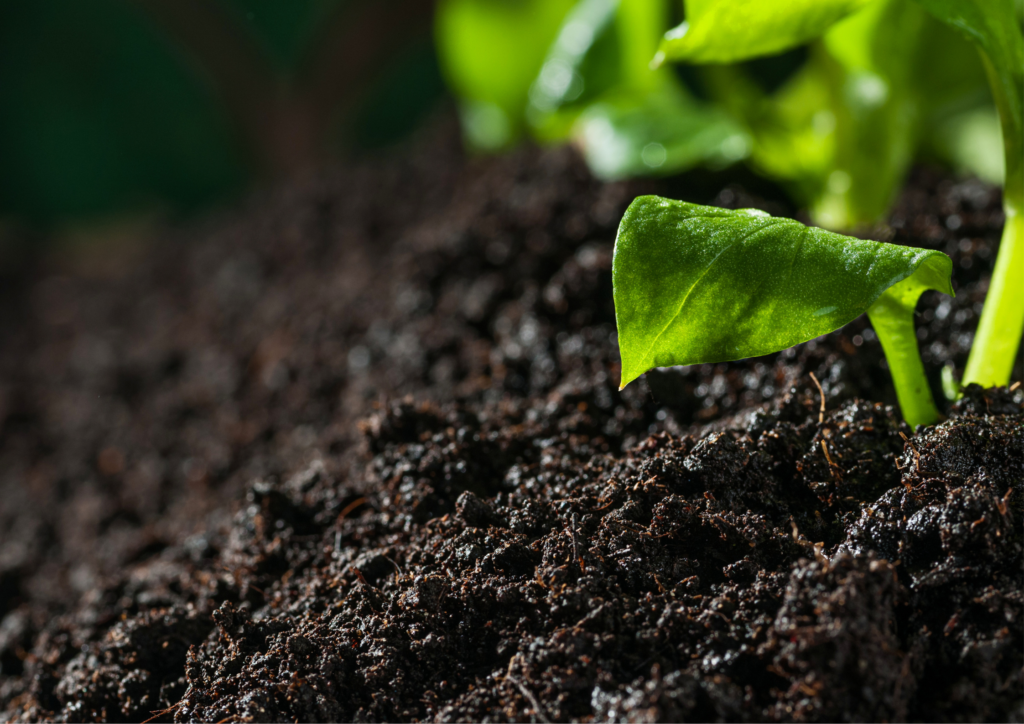
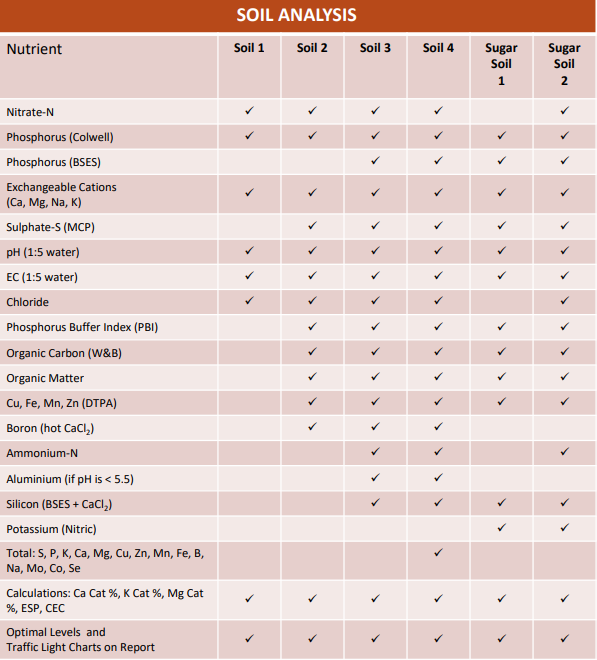
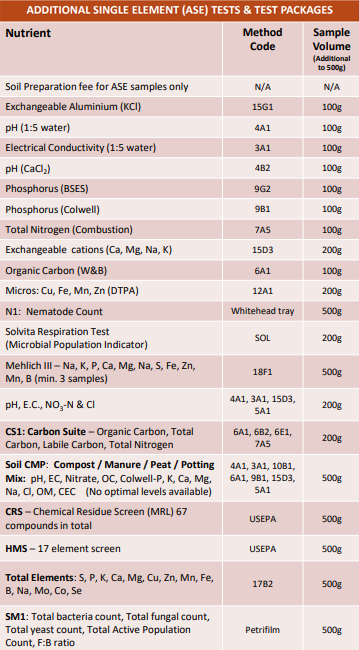
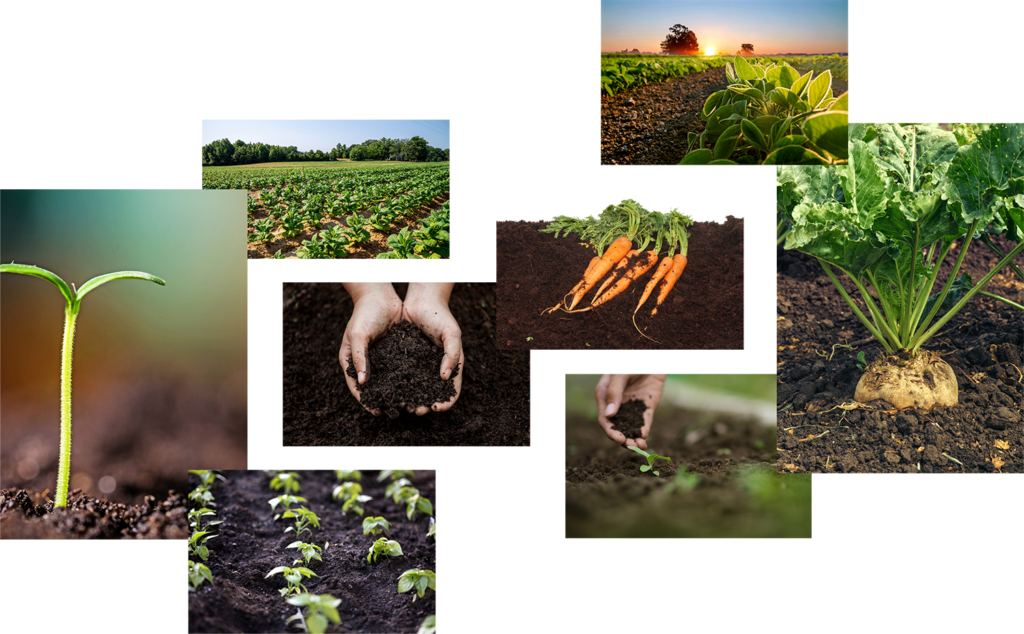

Getting the full picture
It is important to remember soil analysis only provides one piece of the puzzle when you’re trying to understand the cause of nutritional problems in your crop. Plant size, vigour and rate of growth should be observed and sap or dry tissue and irrigation water analysed to complement the soil analysis. This will enable you to form a more complete picture of the inter-relationship between the plants, their growing environment and your farm management practices.
Testing provides the most benefits when it is scheduled and conducted as part of a regular, ongoing program that enables you to identify trends, seasonal changes and responses to any adjustments you are trialling. If you would like advice on developing a testing and analysis program for your farm, please contact us. We can also help you to establish trial protocols to establish and verify the efficacy of changes you are planning.
